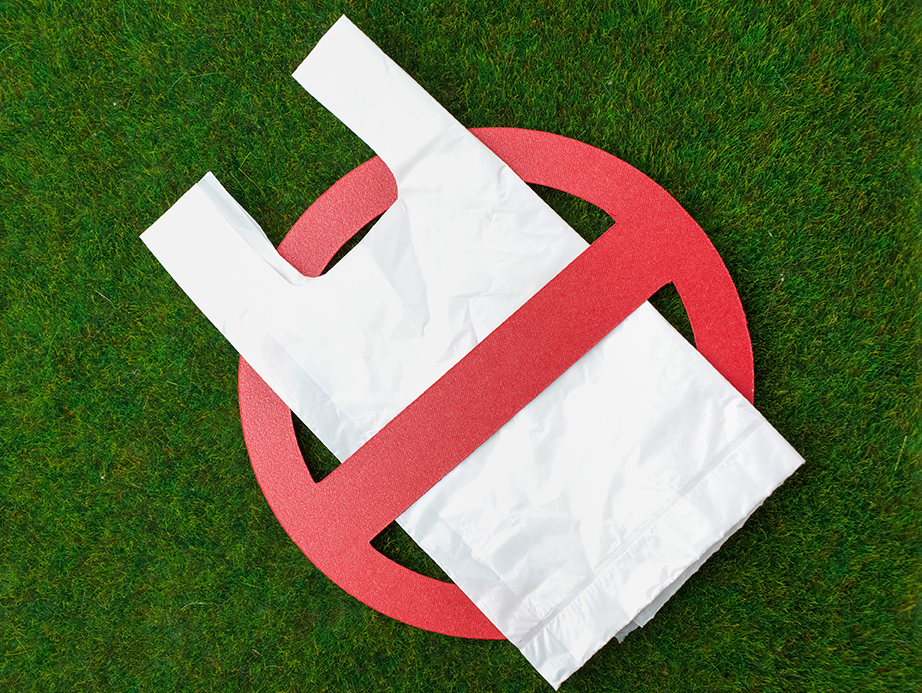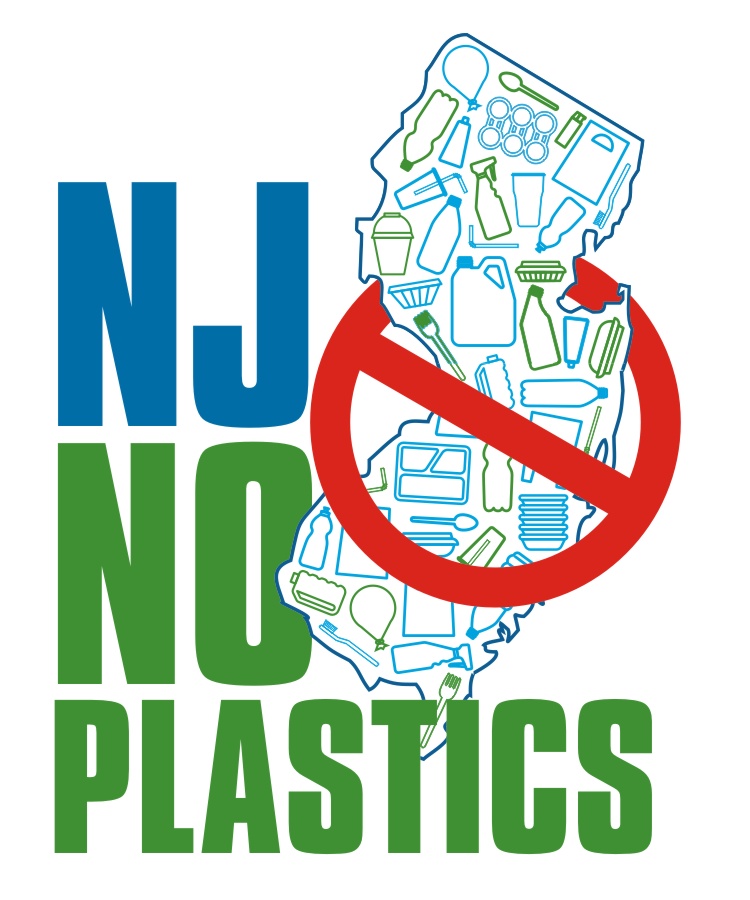When does this law go into effect?
Starting May 2022, both plastic and paper single-use bags, as well as disposable food containers and cups made out of polystyrene foam (Styrofoam), will be banned, with some exemptions. Bags wrapping raw meat, produce bags, newspaper bags, dry cleaning bags, prescription bags, bags holding fish or insects from pet stores, and pre-packaged Styrofoam products).
- Stores less than 2,500 square feet can still provide paper bags.
- The law also restricts food-service businesses from handing out plastic straws, unless specifically requested by a customer, beginning in November 2021.

Bring your own reusable:
• Bring your own resusable: Bag when you go shopping. Straw if you prefer them. Containers for leftovers when you eat out.
• Consider eating in the restaurant instead of getting take-out
• Consider working with your local community to set up a leave a bag, take a bag program
• All retail stores of any type
• All restaurants of any type including cafeterias, coffee shops, convenience stores, movie theaters, and food trucks
• Farmers’ markets
• All grocery stores
• Choose a reusable bag that is made of polypropylene, PET nonwoven fabric, nylon, cloth, hemp product, or other machine washable fabric; has stitched handles; and is designed and manufactured for multiple reuse.
• Choose to not use a bag – put your items directly into the grocery cart (ex. Costco and Aldi )
Yes, ONLY clean, empty and dry plastic bags, wraps and plastic film (e.g., bread bags, sandwich bags, film on paper towels) can be recycled at designated drop off recycling locations. Never bag your recyclables and never place
plastic bags or film wrap in your curbside recycling bin or dumpster because they get caught in the machinery, where they are expensive and dangerous to remove.
Plastic bags and many other types of film plastic can be collected separately for recycling at some grocery and department stores, and even at some recycling centers and transfer stations.
Find local drop off:
https://www.plasticfilmrecycling.org/recycling-bags-and-wraps/find-drop-off-location/
Yes. This law does not ban the retail sale of plastic bags or other uses of plastic bags.
• To reduce waste, consider reusing other types of plastic bags, such as bread bags or produce bags, for pet waste and as can liners. Consider replacing snack bags with reusable containers.
Yes, Sales of pre-packaged plastic straws and beverages with straws are allowed (e.g., juice boxes)
No, NJ residents can no longer purchase Styrofoam plates, cups or utensils.
No. It is not against state law to throw plastic bags, straws, or expanded polystyrene products in the trash.
Yes! Read the ANSWERS TO THE 7 MOST FREQUENTLY ASKED QUESTIONS REGARDING THE SAFETY OF REUSABLE PRODUCTS:
The Safety of Reuse During the COVID-19 Pandemic
Don’t forget to wash your reusable bottle or cup with soap and water, preferably in a dishwasher. Be sure to wash your bags after each trip to the grocery store. Soap and hot water are effective at killing coronavirus, other
viruses, and bacteria. See ANJEC’s website for details:
https://anjec.org/action-alerts/
Beyond Plastics, https://www.beyondplastics.org/
Upstream, https://upstreamsolutions.org/
Clean Water Action, https://www.cleanwateraction.org/rethinkdisposablenj
Video: the Green Ninja – what’s the bag deal? https://youtu.be/ksTTL0OdlUc
Single-use paper bags also have a negative environmental footprint. The manufacturing, disposal and recycling of paper requires a substantial amount of wood, water, energy and chemicals which also creates waste and emissions that must be controlled and treated.
Paper bags take three times as much energy and four times as much water to manufacture than plastic bags.
Paper bags are not durable, being more likely to split or tear, especially if they get wet.
In a landfill, paper bags often do not biodegrade for decades due to lack of oxygen. Bag for bag, they cost more to landfill than plastic bags because they take up much more space by weight and volume
